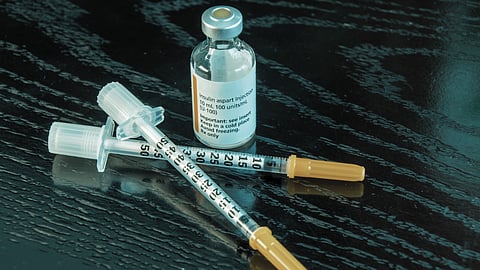Health
Novo’s insulin pen phase-out sparks CompCom probe as diabetes remains a silent killer among SA women
Novo Nordisk A/S and Sanofi are facing an investigation in South Africa
Key topics:
- SA Competition Commission probes Novo, Sanofi for anti-competitive practices.
- Novo, Sanofi exit insulin pen tender, raising pricing and supply concerns.
- Aspen plans local insulin vial production, eyes potential pen manufacturing.
Sign up for your early morning brew of the BizNews Insider to keep you up to speed with the content that matters. The newsletter will land in your inbox at 5:30am weekdays. Register here.
Support South Africa's bastion of independent journalism, offering balanced insights on investments, business, and the political economy, by joining BizNews Premium. Register here.
If you prefer WhatsApp for updates, sign up to the BizNews channel here.
By Janice Kew and Naomi Kresge
___STEADY_PAYWALL___

